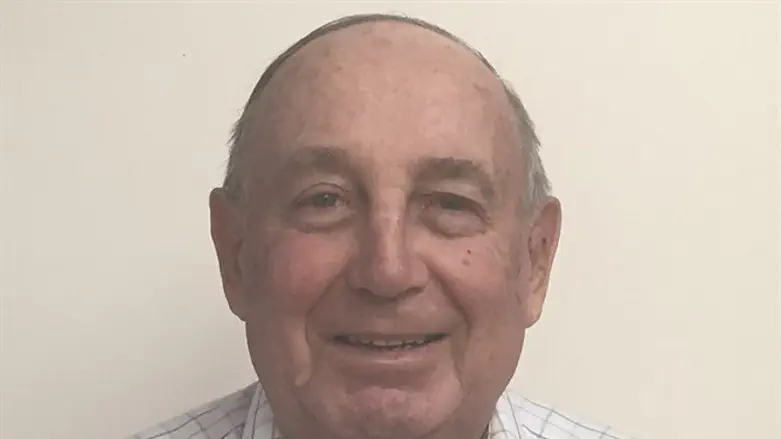
We read in our Parsha (27:1-7) of the claim of the five בנות צלפחד: daughters of Zelophehad, before Moshe, Elazar Hakohen, and the leaders and the entire assembly:’Why should the name of our father be omitted from among his family, because he had no son? Give us a possession of inheritance among our father’s brothers;"
"And Moshe brought their claim before Hashem; Hashem said:’They spoke properly..you shall cause his inheritance to pass over to them’’.
Rabenu Bahya asks:‘Since the merit of their claim was so well known that even the nations of the world so adjudged, why did Moshe Rabenu feel the need to refer it to Hashem, for adjudication?
‘Might the reason be that Moshe ‘disqualified’ himself, from judging, because, by stressing that their father was not part of the ‘assembly of Korah, Moshe was concerned that he might have became favourably disposed to them, and may not have been ‘impartial’ as required of a judge?
‘
However, had this been the case, he had other judges on whom he could have called.
‘Therefore, our Sages say, the decision, obvious as it was, was ‘concealed’ from him, from Above, as a punishment’.
WHY?
The Midrash expounds:’Moshe had said to the people:(Devarim 1:17):’Any matter that is too difficult for you, you shall bring to me, and I shall hear it’.
‘Hashem said to Moshe:’Did you not say:’That which is too difficult..bring to me, and I shall hear it’? Yet, the law that you do not know, the daughters of צלפחד know’!
‘The answer to their claim was concealed from Moshe, as a punishment, because of his ‘arrogant’ words’’.
Rav Zalman Sorotzkin brings another Midrash, to answer our question:’The daughters of צלפחד first came before lower level judges, with their claim; these, however, would not hear their claim, as it referred to inheritance, and referred them to higher level judges; this process was repeated, until they came before Elazar Hakohen, who similarly said:’You have Moshe Rabenu, go and ask him’. When they came before Moshe Rabenu, he also said to them:’There is also One greater than me- and ‘Moshe brought their claim before Hashem’.
Comments Rav Sorotzkin:’By so doing, Moshe atoned for having said:’Any matter that is too difficult for you, you shall bring to me, and I shall hear it’.
The Malbim proffers a different answer:’Moshe was uncertain only with regard to their claim to be entitled to a double portion, as against their father’s brothers, in the Land of Israel, as heirs of their father-as he, as a first-born, was entitled to, in his own father’s estate. However, this was only for property to which his father was מוחזק: already entitled ; but not if it was ‘only’ ראוי: prospectively his.
‘Moshe’s uncertainty was whether their father’s rights in the Land of Israel: were מוחזק or ראוי’.
This is the claim that ‘Moshe brought before Hashem’ to adjudicate.
The Ohr Hachaim Hakadosh concludes: ‘The halacha that was revealed through the daughters of צלפחד, merited to have been said by Moshe Rabenu, like the rest of the Torah, but they merited that it be ‘written’ by them, as a tribute to their righteousness: a testimony from Above that their claim was solely motivated by their love of the Land, and their ‘need’ for their father’s name to continue, despite he not having had sons.’
לרפואת נועם עליזה בת זהבה רבקה ונחום אלימלך רפאל בן זהבה רבקה, בתוך שאר חולי עמנו.